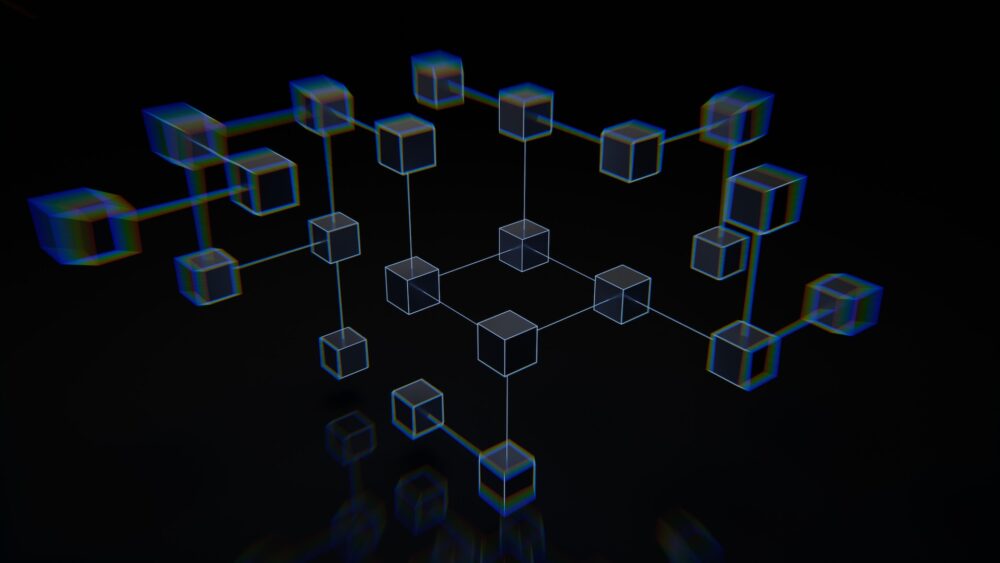What Is Blockchain Used For Besides Bitcoin?

When we hear blockchain, we immediately think of bitcoin. But did you know that blockchain has several other applications beyond cryptocurrency transactions?
In this article, you can learn more about some key areas of society that benefit from the use of blockchain technology.
Humanitarian Aid
Blockchain technology can promote transparency and prevent corruption in the distribution of aid to people in need, thus ensuring it reaches its intended destination. As a decentralised system, blockchain keeps a public, tamper-proof record of the distribution and use of donations.
Additionally, this technology is also capable of tracking every movement of the aid, from the moment it is sent to the moment it reaches its destination.
Blockchain can also lower transaction expenses by cutting out intermediaries.
Disaster Response
Blockchain can be a powerful tool in preventing fraud and improving coordinating efforts in natural disasters.
Blockchain technology can help secure communication in disaster areas where the regular systems are disrupted and track the distribution of aid to make sure it arrives where it is most needed.
Moreover, blockchain provides a reliable system for identity verification – a much-needed tool in disaster areas, where it is common for people to lose their documents.
As a time-saving, efficient technology, blockchain can even save lives in crises in which every second counts.
Charity Donations
Blockchain is a secure technology for donations not only because it is decentralised but mainly because it permanently registers every transaction.
This technology can ensure that donations are not stolen thanks to tracking techniques and smart contracts, a program that only allows the release of funds when certain conditions are met.
Financial inclusion
In a world where a lot of people are left out of traditional financial services, blockchain represents a solid alternative for excluded communities to access things like credit, insurance, and other financial products. This approach to fighting financial exclusion can have a significant impact on poverty reduction and economic growth.
Blockchain can provide a global, secure, and transparent platform for transactions at a lower cost. That allows everyone who lacks access to traditional banking services for several different reasons, such as low income, to take advantage of useful national and international financial services.
The transparent and decentralised nature of blockchain makes it a secure technology for transactions.
Healthcare
Blockchain technology can also be useful in sharing, managing, and storing medical records. Information in blockchains cannot be tampered with, meaning that it is a secure platform to keep patient information. Likewise, blockchain facilitates operability and allows healthcare providers to share data with other providers. And because this technology is transparent, patients can control who accesses their information,
Blockchain also helps reduce errors and fraudulent activity by providing a decentralised system for patient identification and access to the latest uploaded data about procedures and results.
Elections
Voting systems can also benefit from the use of blockchain technology. Its transparent and secure nature is a quality that fits perfectly in this context because it can help keep elections fraud-free.
Furthermore, using blockchain can increase voter participation by allowing people to vote from anywhere in the world. And thanks to its decentralised ID system, it is possible to identify who is an eligible voter.
On top of this, blockchain can be a cost-effective solution for the electoral process, as there is no need to resort to intermediaries. At the same time, it reduces the possibility of human error and makes this democratic tool even more democratic by making it transparent.
Conclusion
Blockchain developers can focus on a lot more than cryptocurrency. Thanks to the security and transparency of blockchain technology, it can be a powerful tool in distinct contexts and societal fields, such as healthcare, humanitarian aid, and politics.





